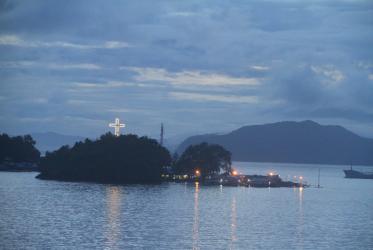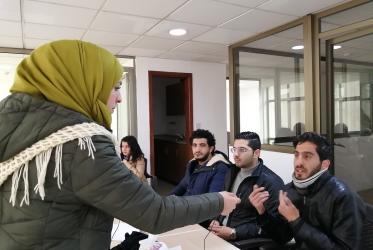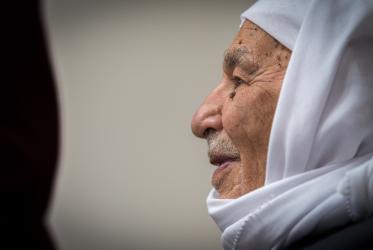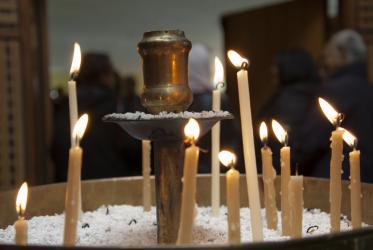Displaying 1 - 20 of 138
Förderung der Menschenwürde durch Kunst
07 September 2022
Promoting human dignity through art
06 September 2022
In a COVID-stricken world, “everyone is important”
23 October 2020
Are migrants seen and heard? Conference presses the question
19 October 2020
CCIA-Tagung in Brisbane setzt Prioritäten für die Region Pazifik
19 February 2020
CCIA meets in Brisbane with focus on Pacific regional priorities
19 February 2020
The cry of the Papuans in Indonesia
14 November 2019
A faith-based, holistic approach to HIV and AIDS-care
13 March 2019










